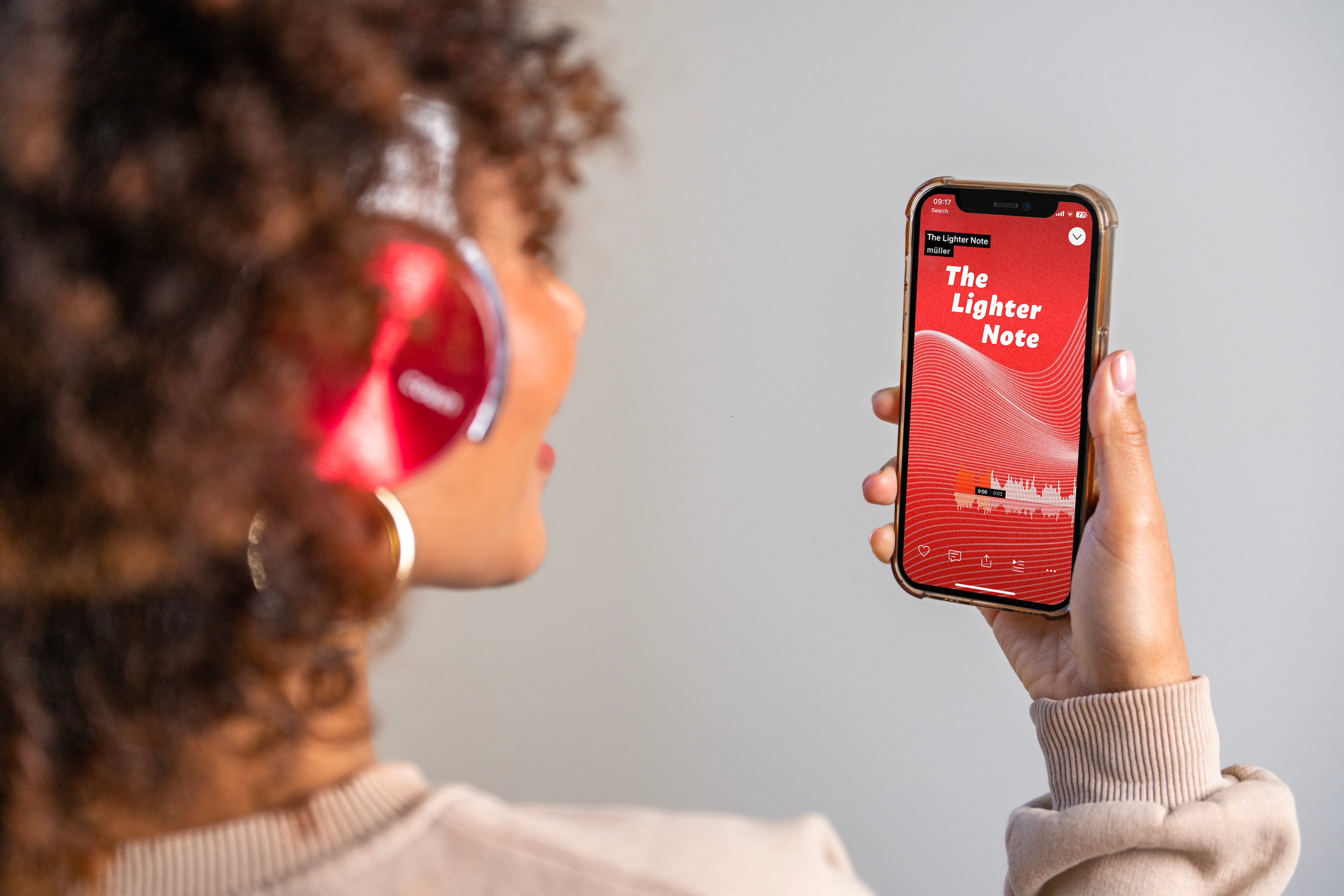The scientific formula that holds the secret of making a happy song confirmed
Good Vibrations by The Beach Boys has been revealed as the song that makes people happiest, according to a specific formula developed by a university professor

Devised by Dr. Michael Bonshor, who has a PhD in music psychology and has researched music in relation to well-being extensively, the 1966 hit single ticks all the boxes.
To create a happy song, Dr. Bonshor believes combining a combination of a major key, 7th chords, 137 BPM, strong beat, four beats in every bar, and a verse-chorus-verse-chorus structure is a sure-fire way to produce one.
It should also have a short intro, repeated riffs, high volume, bright tone, and a mix of predictability and surprise.
Other tracks which follow this formula include I Got You (I Feel Good) by James Brown, House of Fun by Madness, and Get the Party Started by P!nk.
The happy formula has also been turned into a pitch-perfect track, called The Lighter Note, featuring upbeat notes, peppy chords, and feel-good musical breaks – which has been produced by Jamie P and Oliver Price and is available on Soundcloud.
The track was commissioned by Müllerlight, which teamed up with Dr. Bonshor and also conducted research of 2,000 adults that discovered 32 per cent turn to music daily to improve their mood.
Dr. Bonshor said: “Previous studies have found songs are perceived as happy if they are in a major key, with a sweet spot of approximately 137 beats per minute.
“We like ‘7th chords’ as they add interest; regular chords use three notes, whereas ‘7th chords’ add an extra note which provides a sense of musical ‘tension’ and ‘relief’.
“Alongside this, cheery songs usually have a strong 1-2-1-2 beat to them, so that you can dance along – and a short introduction means the song kicks off with a bang straight away, and there’s not a long build-up.
“We like high volume when it comes to how our happy songs are made, with notes played in a bright and bouncy way by instruments such as trumpets or electric guitars instead of mellower instruments.
“Finally, a repetitive rhythm or guitar riff that people can latch onto and becomes memorable is the cherry on the cake.”
The research also found 46 per cent of adults said singing along to their favourite tracks is a great way to boost their mood.
And of those who have specific tunes, they turn to in order to cheer them up, on average, they have eight numbers on rotation which do the trick.
Nearly six in 10 (58 per cent) said these songs have an upbeat feel to them, and the same percentage said they remind them of good memories which put a smile on their face.
While 38 per cent said their happy tracks were generally released throughout their teenage years.
It also emerged it takes an average of just 14 seconds for these songs to start working their magic.
Pop, rock, and dance were ranked as the three happiest genres of music, while 71 per cent feel music is one of the most powerful influences for changing or reinforcing their mood.
Half believe the power of music is actually underestimated, and 38 per cent recognise it can deliver amazing highs and lows.
When reflecting on why music is important to them, 48 per cent put it down to the powerful memories it can evoke and 29 per cent like the fact they can share with others.
And 36 per cent have even put on uplifting music around loved ones when they are feeling down to try and lift their spirits.
The poll, conducted via OnePoll, also explored the general listening habits of the nation, with the average Brit listening to more than 20 tracks each day.
While half of those who tune in regularly do so within the comforts of their home, 26 per cent consume the most when they are driving.
Toby Bevans, from Müller Yogurt & Desserts, said: “Music is one of the most powerful ways to put a smile on your face, especially during these first few months of the year.
“I know that a good playlist energises me when I’m putting off going for a run when it’s cold and rainy outside.
“We’re going one step further by looking at exactly what about music makes us happy so that we can create the ultimate feel-good track.
“We hope everyone gets a spring in their step when they listen to The Lighter Note.”
Top 10 happy songs according to Dr. Bonshor’s formula:
- Good Vibrations by The Beach Boys
- I Got You (I Feel Good) by James Brown
- House of Fun by Madness
- Get the Party Started by P!nk
- Uptown Girl by Billy Joel
- Sun Is Shining by Bob Marley
- I Get Around by The Beach Boys
- YMCA by Village People
- Waterloo by ABBA
- September by Earth, Wind & Fire
Join our commenting forum
Join thought-provoking conversations, follow other Independent readers and see their replies
Comments


Bookmark popover
Removed from bookmarks